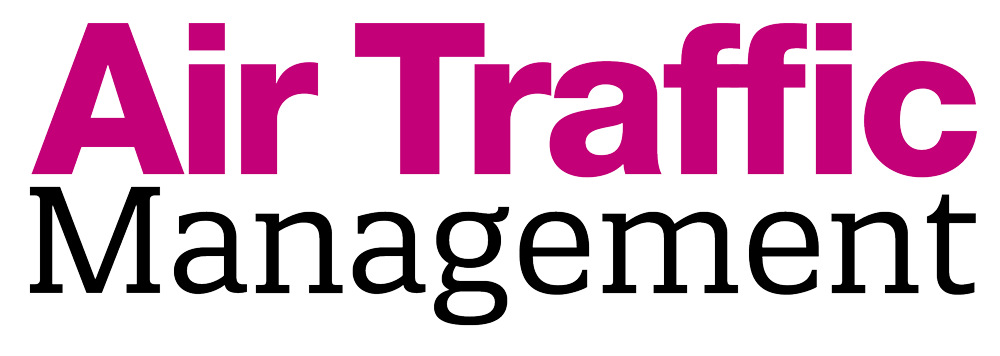PLANA Co., Ltd., a hybrid-based advanced air mobility (AAM) aircraft developer, announced on Oct. 21 that it has signed an MOU with M.I. Air, a U.S.-based company specializing in the training of pilots for small or commercial aircraft, and a letter of intent (LOI) to purchase simulators and aircraft for the education of AAM-specific pilots. PLANA plans to supply M.I. Air with fully integrated flight simulators by 2026, and M.I. Air plans to prioritize the introduction of PLANA's seven aircraft by 2030 and operate a professional pilot training course specialized in AAM. PLANA has signed a total of approximately USD 700 million in aircraft purchases from Japan, South Korea and the United States from 2022, but this MOU and LOI are even more meaningful in that they have decided on a partner to develop a pilot training protocol that can be a driving force for actual type certification and commercialization.
M.I. Air is an FAA-approved flight school operating both Part 141 and Part 61 courses, offering certifications such as private and commercial pilot licenses, instrument flight rules (IFR) education, etc. It is also authorized by the U.S. Department of Homeland Security to accept international students. Located in Chino, California, M.I. Air has been recognized as an outstanding flight school by the Aircraft Owners and Pilots Association (AOPA) from 2020 to 2024. "We are thrilled to utilize PLANA's aircraft to develop pilot protocols that will be key to expanding the AAM market," said Chairman Sebastian Han. "Hybrid aircraft, which are compatible with existing regulations and infrastructure, are the most realistic solution for replacing business jets and helicopters. We will actively support PLANA’s certification path from an operational standpoint."
Braden J. Kim, CEO of PLANA, said, To ensure the competitiveness of our hybrid aircraft during commercialization, we must certify the 'Simplified Vehicle Operations (SVO)' system and single-pilot operations.” He added that by collaborating with M.I. Air from the development stage, PLANA has been able to create a system that not only reflects design perspectives but also the needs of potential pilots. Kim will visit M.I. Air’s facility in early November to assess the technical aspects of pilot training and refine the cockpit design, control, and communication systems accordingly, with simulators being the first to be delivered.
